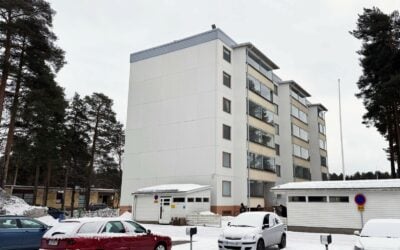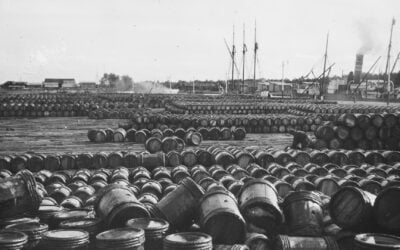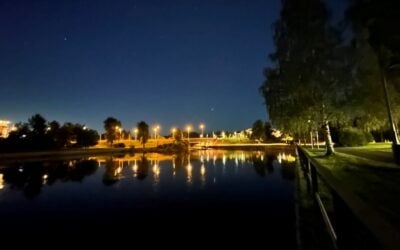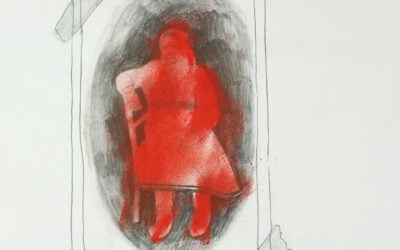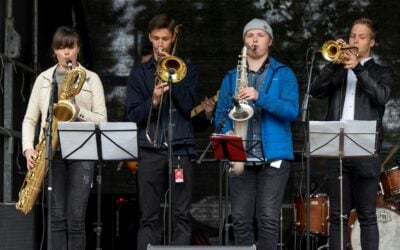
The Hungarian city of Pécs was one of the three European Capitals of Culture (ECoC ) in 2010, together with Essen (which included the Ruhr region in its project) and Istanbul. For Pécs, the most important investment regarding the project was developing the infrastructure of the city. The five major projects, the South-Transdanubian Regional Library and Knowledge Centre, the revival of public spaces and parks, the Kodály Centre (concert hall), the reconstruction of Museum Street and the reconstruction of Zsolnay Cultural Quarter cost in total around 140 million euros. The ECoC also most likely accelerated the construction of the highway between Pécs and Budapest, which further improved the accessibility of Pécs for visitors.
The Ex-post evaluation of 2010 European Capitals of Culture noted that many ECoCs could learn from Pécs in how well investments in infrastructure can benefit an area. Although Pécs invested heavily, they have already had many benefits from the investments, and are expected to have many more in the long run. The new and renovated spaces have allowed a lot of people from different backgrounds to enjoy the services of these places. The new constructions, such as the Kodály Centre, have increased employment, and will continue to do so in the future. The Kodály Centre will also provide high-quality facilities for local organizations such as the Pannon Philharmonics, as well as for music students.
Statistics show that the image of Pécs as a cultural city improved significantly in the eyes of Hungarians during the ECoC 2010. By the end of 2010, 56% of respondents rated Pécs as the second most significant city in Hungary from a cultural point of view after Budapest. One year previously the result had been 35%. By the title year the locals had significantly changed their mindset regarding the programme. This can be seen in respondents’ answers to surveys regarding their attitude towards the ECoC project. During the title year 68% of the respondents had a positive attitude towards the programme, whereas 2-3 years prior only 35% had positive feelings towards the project.
The European Capital of Culture 2010 project has been very beneficial also for cultural operators and stakeholders in the city, as they have gained valuable experience in planning and organizing various events. Furthermore, financial benefits were attained due to increased tourism during the title year as, according to the National Statistical Office, the number of visitors in Pécs increased by 27,5% from the previous year. The number of foreign visitors increased by 71% from 2009.
In conclusion, the European Capital of Culture programme for Pécs in 2010 can be viewed as a success from the point of view of both instant cultural impact as well as long term cultural development.
References
Ex-post evaluation of 2010 European Capitals of Culture
European Capitals of Culture: Success Strategies and Long-term Effects





